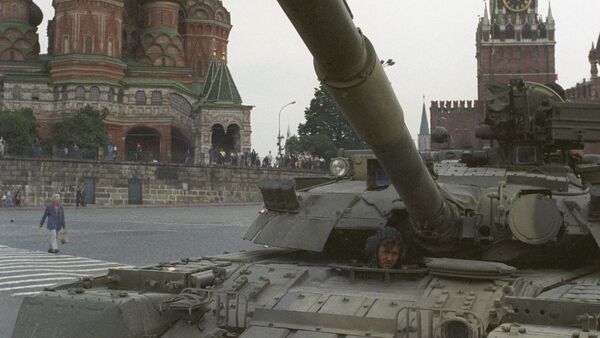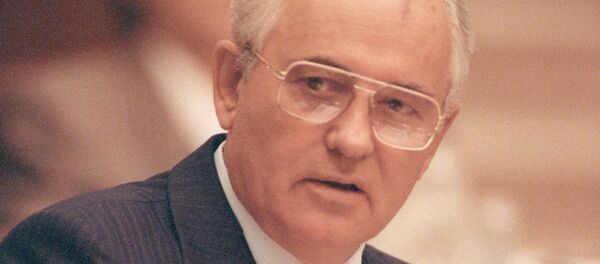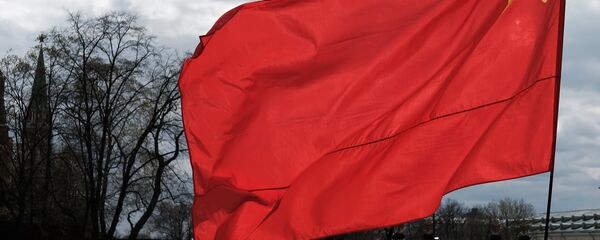"My impression is that everyone in the Pentagon was caught flat footed," Spinney said. "But with only a few exceptions, I had no insights into to how the upper political-military levels in the Defense Department were responding."
However, Spinney praised then US-President George H. W. Bush for remaining calm and not approving any irresponsible or reckless behavior by the US military or senior policymakers.
"Fortunately, the White House kept its cool and I think [then-President] Bush behaved very constructively," he recalled.
However, Bush’s cool demeanor in the immediate crisis was not followed by any attempt to cut or control continued wildly excessive US defense spending, Spinney pointed out.
"That constructive behavior was very short lived, and did nothing to change political economy of the Military-Industrial-Congressional Complex or MICC, which by 1990 had become a permanent distortion in the American political economy," Spinney explained.
The evaporation of the alleged Soviet threat left cold warriors and neo-conservatives in the United States like Paul Wolfowitz, later deputy secretary of defense under President George W. Bush, Spinney remembered.
"Also, hawks in Congress were dumbfounded. Remember also Senator John McCain’s repeated attempts to turn China into a peer or near peer threat in the early 1990s," he noted.
The end of the Cold War was accompanied by a situation in which politically significant figures in the US executive and legislative branches began to experiment with ways to protect Cold War business as usual, Spinney observed.
"In retrospect, I think the Wolfowitz and McCain reactions (and others) were merely early symptoms of the MICCs spontaneous trial and error struggle to concoct rationales for keeping the defense budget at high levels," he commented.
"The US wars of the Yugoslavian succession, in my opinion, are another example reflecting the MICCs evolutionary pressures to keep tensions high for domestic political reason. And, of course, 9-11 turned out to manna from heaven to power boost the budget game," he said.
The enormous defense budgets that followed the September 11, 2001 al-Qaeda attacks had little to do with fighting any low intensity guerrilla war, Spinney reminded.
"The end of the Cold War had little or no real effect on the boom-bust pattern of defense budgets remains in place regardless of if or how one accounts for the effects of inflation," he said.
The 2016 US presidential election recalled late President Dwight D. Eisenhower’s "nightmare" warning of the out of control power of the military-industrial complex, Spinney concluded.





